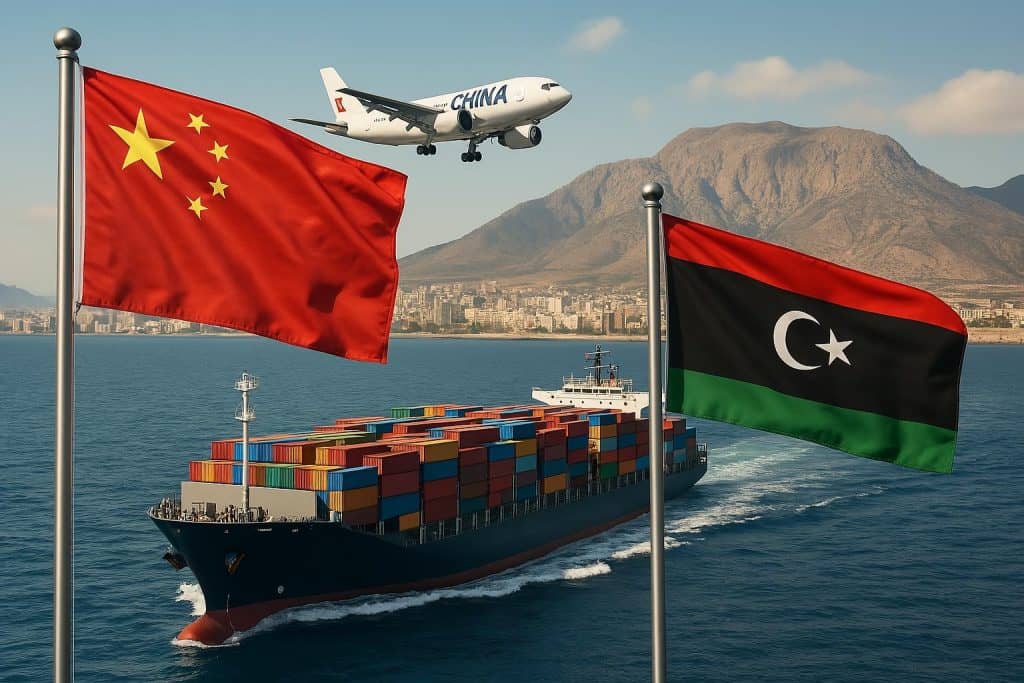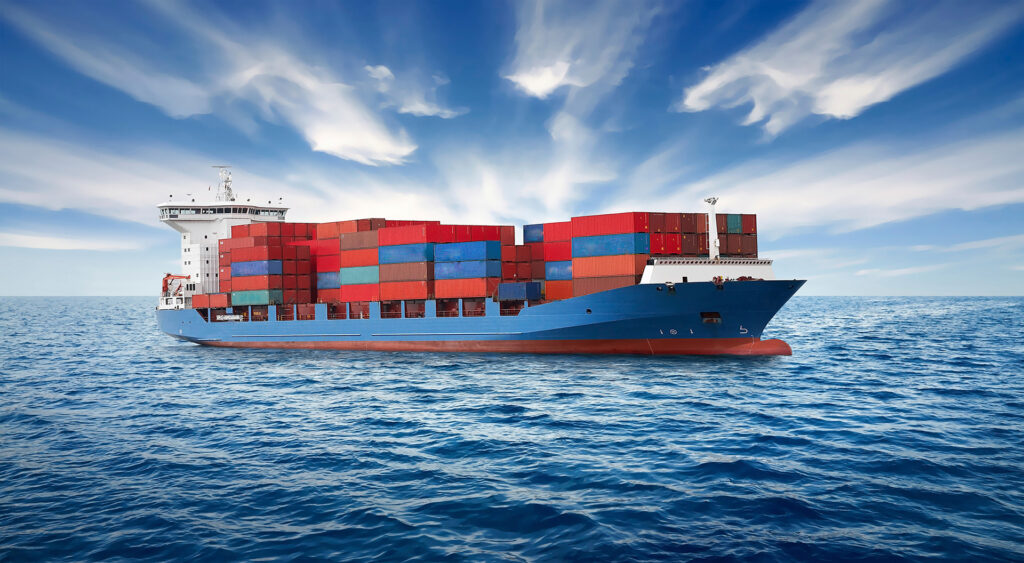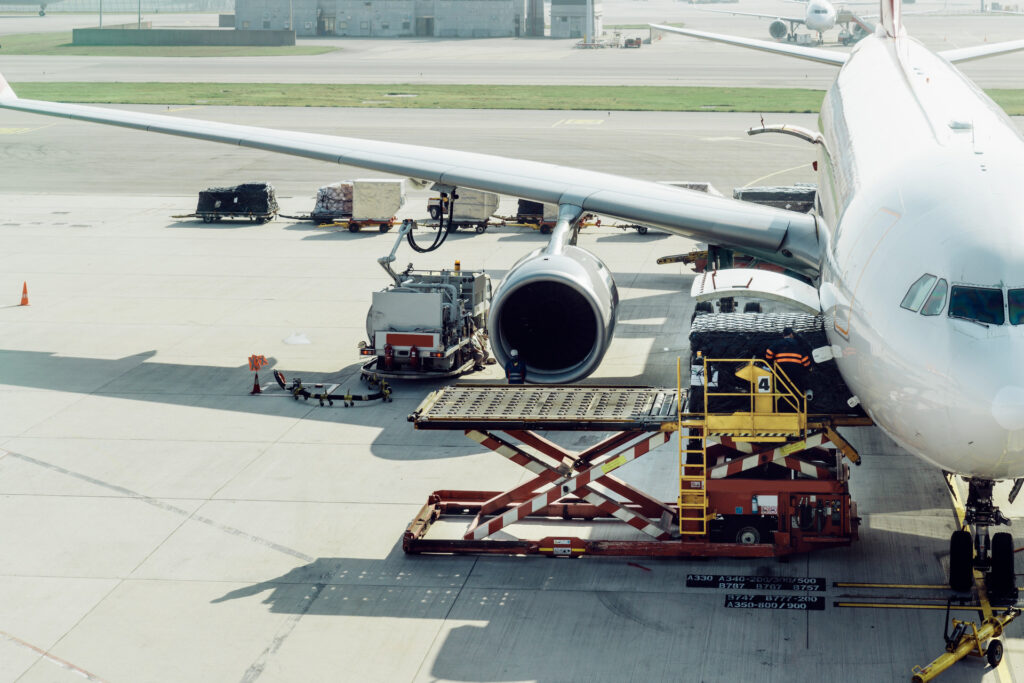- By TOP CHINA FREIGHT
- August 27, 2025
- Shipping
Shipping from China to Libya requires careful planning to balance cost, speed, and compliance. This comprehensive guide explains transportation methods, customs regulations, transit times, and cost-saving strategies to make your logistics process efficient and predictable.

1.Why Ship from China to Libya?
Competitive prices for raw materials, electronics, and industrial goods.
From building supplies to consumer electronics.
Strong logistics links between Chinese and Libyan ports.
China can meet both large-scale and small-volume demands.
2.Shipping Options from China to Libya
Sea Freight

Sea freight remains the most economical and reliable option for bulk shipments. It connects major Chinese ports like Shanghai, Ningbo, and Shenzhen to Libyan ports including Tripoli, Misurata, and Benghazi.
Best for high-volume shipments. You get an entire container to yourself, ensuring better security and faster handling.
LCL (Less than Container Load):
Suitable for smaller cargo volumes that don’t fill an entire container.
Average Transit Time:
25–35 days
Cargo Examples:
Construction materials, machinery, textiles, and large appliances.
Air Freight

Air freight is the preferred choice for businesses needing speed. Shipments typically fly into Tripoli International Airport or Misurata Airport.
Transit Time:
5–10 days.
Cargo Examples:
Medical equipment, electronics, and urgent spare parts.
Advantages:
Fast delivery, high reliability, and easier handling for sensitive goods.
Multimodal Transport

For certain inland destinations, combining sea, air, and road freight provides a balance of speed and cost. This approach is ideal for cargo needing faster delivery but at lower costs than pure air freight.
3.Shipping Cost from China to Libya
| Mode | Estimated Cost | Transit Time | Best For |
|---|---|---|---|
| LCL Sea Freight | $80–$120 per CBM | 25–35 days | Small or medium cargo |
| FCL Sea Freight | $2,000–$3,800 per container | 25–35 days | High-volume or bulk cargo |
| Air Freight | $6–$12 per kg | 5–10 days | High-value, urgent shipments |
Cost-saving tips:
- Consolidate smaller shipments into a single container.
- Book during off-peak seasons to avoid rate surges.
- Use long-term agreements with freight forwarders to secure stable pricing.
4.Customs Clearance in Libya
Navigating Libyan customs regulations is crucial to avoid delays or penalties.
Key Required Documents:
- Commercial Invoice
- Packing List
- Bill of Lading or Air Waybill
- Certificate of Origin
- Import License (for certain categories)
- Insurance Certificate
Tips for Smooth Clearance:
- Ensure all paperwork is accurate and consistent.
- Work with local agents who understand Libyan import procedures.
- Pre-clear your cargo during peak seasons to reduce waiting time at ports.
5.Major Ports and Airports in Libya
| Facility | Type | Advantages |
|---|---|---|
| Tripoli Port | Sea | Main hub for central and western Libya |
| Misurata Port | Sea | Strategic for industrial and commercial imports |
| Benghazi Port | Sea | Ideal for eastern Libya shipments |
| Tripoli Airport | Air | Handles most urgent and high-value cargo shipments |
| Misurata Airport | Air | Convenient for industrial air cargo operations |
6.Key Trade Commodities Shipped to Libya
Steel, cement, tiles, and fittings for ongoing infrastructure projects.
For vehicle repairs and fleet maintenance.
Mobile phones, home appliances, and accessories.
For factories and workshops.
Delivered quickly through air freight for hospitals and clinics.
7.Challenges When Shipping to Libya
1.Port Congestion:
High cargo volumes during peak seasons may delay clearance.
2.Regulatory Variations:
Import restrictions for specific goods can cause unexpected issues.
3.Security Risks:
Some regions may have unstable conditions; using insured and reliable carriers is essential.
4.Currency Fluctuations:
Sudden changes in exchange rates can affect overall costs.
8.Insurance and Risk Management
Given Libya’s unique geopolitical environment, insurance is highly recommended. Comprehensive cargo insurance can protect against:
- Theft or damage in transit
- Delays due to port congestion
- Natural disasters or unforeseen events
9.How to Reduce Shipping Costs
1.Plan Shipments Early:
Booking space ahead helps secure better rates.
2.Choose the Right Mode:
Avoid using air freight unless absolutely necessary.
3.Leverage Consolidation:
Combine shipments to fill containers fully.
4.Work with Experienced Forwarders:
They can negotiate better prices and avoid unnecessary surcharges.
10.Partnering with a Reliable Freight Forwarder

A knowledgeable freight forwarder simplifies the entire process:
- Advises on the best routes and modes.
- Ensures compliance with customs regulations.
- Provides real-time shipment tracking.
- Handles documentation and risk management.
Conclusion
Shipping from China to Libya can be smooth and cost-effective when you choose the right strategies. From selecting the appropriate shipping method to ensuring compliance with Libyan regulations, every step matters. Partnering with an experienced freight forwarder ensures your cargo arrives safely, on time, and at the best possible cost.
Need a Shipping Quote?
If you want expert guidance and peace of mind, our team is ready to assist.
TJ China Freight offers tailored solutions to help businesses of all sizes ship more reliably from China.
FAQs
Q1:What is the average shipping time from China to Libya?
Shipping time depends on the mode of transport. Sea freight generally takes 30–45 days, while air freight can deliver goods in 5–10 days. For urgent shipments, express air services can shorten delivery time further. However, factors like customs clearance speed and port congestion in Tripoli or Benghazi can slightly extend timelines.
Q2:How much does it cost to ship from China to Libya?
The shipping cost from China to Libya varies depending on cargo size, weight, and transport mode. For example, a 20ft container may cost $3,000–$4,500 by sea, while air freight typically ranges from $6–$10 per kilogram. Seasonal demand and fuel surcharges can also influence total costs.
Q3:Which shipping method is best for Libya?
The ideal method depends on your shipment type and urgency:
- Sea freight is best for bulk cargo, machinery, or construction materials.
- Air freight is ideal for high-value or urgent goods.
- Multimodal transport can be useful when combining speed and cost-efficiency.
Working with a reliable China–Libya freight forwarder ensures the best route and carrier are selected for your needs.
Q4:Are there restrictions on products shipped to Libya?
Yes, Libya enforces strict regulations. Items like pharmaceuticals, electronics, or chemicals may require permits, while restricted goods such as weapons, hazardous materials, and counterfeit items are prohibited. Always verify your product compliance with Libyan customs before shipment to avoid delays or fines.
Q5:How can I avoid customs clearance delays in Libya?
To ensure smooth clearance:
- Provide accurate commercial invoices and packing lists.
- Use correct HS codes for your products.
- Submit digital copies of documents to your customs broker in advance.
- Work with an experienced freight forwarder familiar with Libyan regulations to handle paperwork and coordinate with local authorities.
